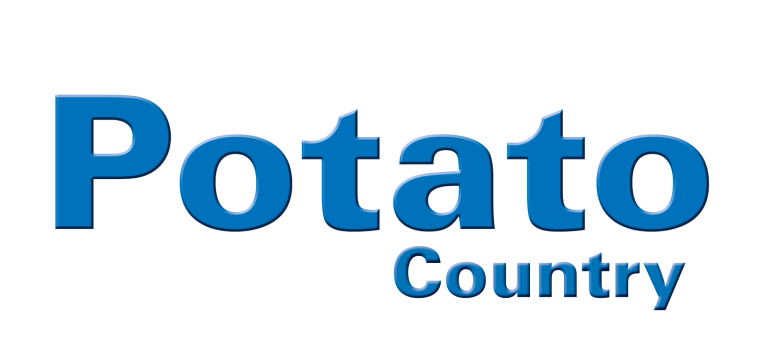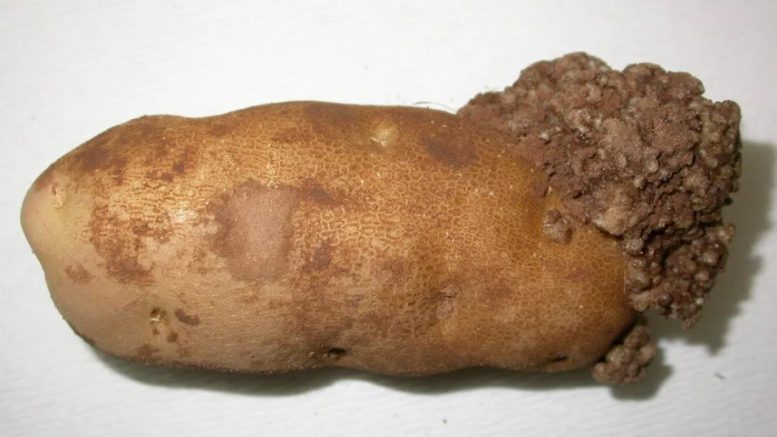|
Click to listen to this article
|
The National Potato Council (NPC) is reporting that on Jan. 27, a delegation from Canada, including Minister of Agriculture and Agri-Food Marie-Claude Bibeau, met with USDA Secretary Tom Vilsack in Washington, D.C. to discuss the ongoing challenges with the latest detections of potato wart in PEI potato fields and the Canadian Food Inspection Agency’s (CFIA) subsequent actions to shut down the export of seed potatoes to other provinces and countries along with the export of all potatoes to the United States.
“The National Potato Council was informed that during the meeting Secretary Vilsack committed to expeditiously review the disease testing data provided by CFIA and undertake a risk analysis before a decision is made to resume the importation of PEI table stock potatoes to Puerto Rico and the continental United States,” said NPC President and Maine potato grower Dominic LaJoie. “We welcome this commitment as a necessary step to safely resuming normal trade with this important partner.”
NPC CEO Kam Quarles said that to accomplish the goal of resumed trade, NPC is urging CFIA to institute a comprehensive, transparent disease testing plan that will allow it to identify clean PEI fields for export.
“Safe exports must begin with clean fields. Over the past five years, soil testing for potato wart in PEI has dropped substantially, making it difficult to assess the spread of the disease in their production areas. Without reasonable soil testing numbers, it is impossible to know which PEI fields should be cleared for shipment with high confidence that the disease is not present,” said Quarles.
“When these comprehensive soil tests are completed and the data is reviewed, we look forward to starting the process to resume PEI potato exports to the United States. NPC thanks Secretary Vilsack, the entire team at USDA and the Canadian authorities for their work to address this serious plant health disease,” Quarles concluded. Potato wart is not present in the United States. If it were allowed to become established in U.S. potato production areas in the future, the direct costs would likely be more than $300 million annually and billions more annually in indirect damage.

